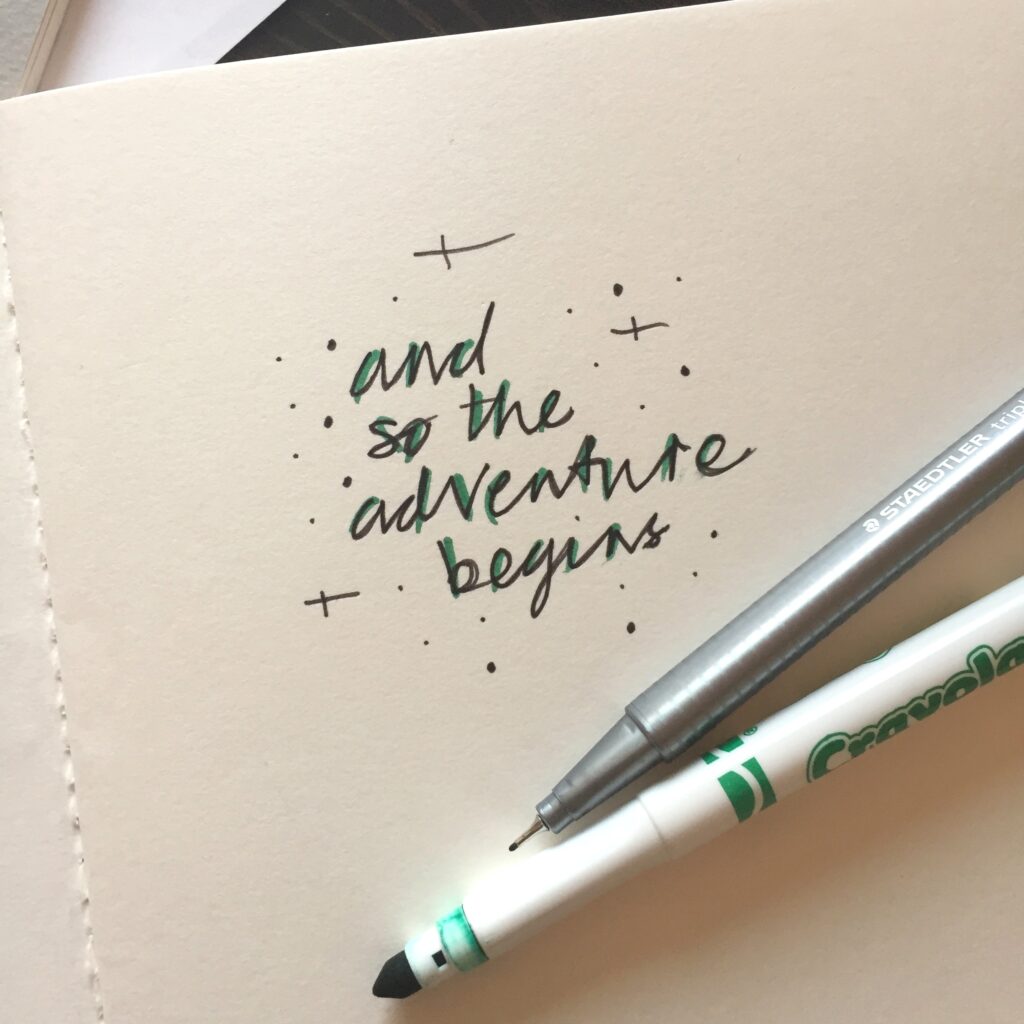The New Year is fast approaching and with it the New Year’s resolutions. According to Statista, we want to eat healthier, exercise more and save more money. And if you think about it, there’s actually a lot more to it than that! At work, according to Statista we want to increase sales, stabilize the core business, or increase the company’s profitability. Actually, hopefully, we always have goals to strive for.
A goal without a plan is only a wish.
Antoine de Saint-Exupéry

And so I would say that a goal always starts with a wish. My mother always says you just have to say your wishes out loud, and they will come true. However, in order to be able to express a wish out loud, you have to have at least dealt with it once and, in the best case, believe in it. This is at least a possibility to become aware of the wishes, but also to communicate to others what you are currently working on.
Long story short: In this article, I’ll share with you strategies for achieving goals so that you not only set them, but achieve them!
Start with reflection
Most people have already achieved goals and experienced success. So why not make life easier and learn from past moments and use them for the future? Ask yourself the following questions and be as honest as possible. Remember, you want to achieve the next goal.
- What was my original goal? Clearly define the goal you achieved. This helps you revisit the initial objective and understand its significance.
- Why was the goal important to me? Explore the underlying motivations and values that drove you to pursue this particular goal. If you want to read more about values, check out my very first article.
- What specific steps did I take to achieve this goal? Break down the process into specific actions and strategies. Identify the key steps that contributed to your success.
- What obstacles did I encounter along the way? Reflect on challenges and setbacks you faced. Even if something that you did or didn’t do was an obstacle, try to learn from it.
- How did I stay motivated throughout the process? Consider the factors that kept you motivated. This could include rewards, accountability mechanisms, or the intrinsic satisfaction of progress.
- Did I set milestones or smaller goals along the way? Assess whether breaking down the goal into smaller, manageable tasks played a role in your success. This can help refine your approach in future endeavors.
- Who supported me during this journey? Acknowledge the people who supported you, whether it was friends, family, mentors, or colleagues. Recognizing your support network can guide you in seeking help in future pursuits. Also try to figure out what specifically they did. Can you now do it on your own?
- What did I learn about myself during this process? Reflect on personal strengths, weaknesses, and areas for improvement that became apparent during the pursuit of your goal.
- Did I face any unexpected opportunities or challenges? Consider if there were unforeseen events or opportunities that influenced your journey. Understanding how you adapted to these changes can inform your flexibility in future endeavors.
- What could I have done differently? Identify areas where you could have improved or taken a different approach. This constructive analysis can guide your decision-making in future goal-setting.
After you have reflected and hopefully learned from this, break down your main goal into small intermediate goals. The goal here is to enjoy the smaller achievements. This will keep you motivated and focused. For further input about motivation, check out this article.

Celebrate your achievements
Recognized and celebrated your success. Celebrating achievements is important for maintaining motivation and a positive mindset. Think about how has achieving this goal impacted my life. Consider the broader implications of your success on your personal and professional life. Your goal does not have to be to win the Nobel Peace Prize. It has to make you happy! This can help you appreciate the value of goal achievement and set meaningful future objectives.
Giving up
It can also be an achievement to recognize that goals have changed. People normally tend not to discuss failures, but I think it’s important. Only give up if you have recognized that your values have changed, furthermore the goal lost importance to you. Sometimes it makes sense to change the direction. Especially when before your goal setting requirements were different or, as mentioned, you had different priorities. If there’s a point of time when you need to give up, instead of thinking of the sunk costs, rather think about the time you saved not continuing to fail, probably.
Start now soon
In the best-case scenario, however, you have aligned your goals with your current and future situation. You have an inner motivation that guides you. Your environment supports you in your ambition, and you believe in yourself. Don’t make your goal dependent on the new year. Instead, take your time and reflect! Because it’s better to have one goal less and achieve it than a thousand goals and fail. Unless, of course, learning is your goal. Then failure probably helps best.

Comments are closed